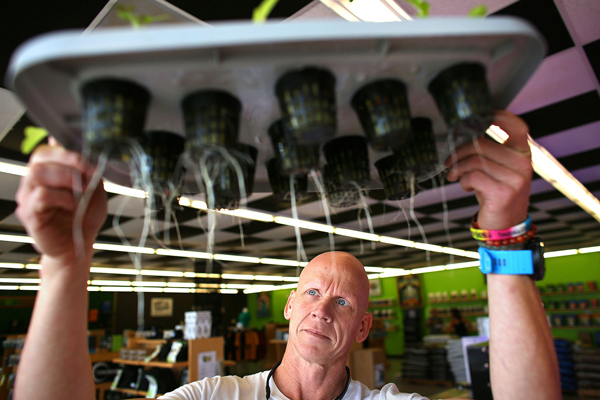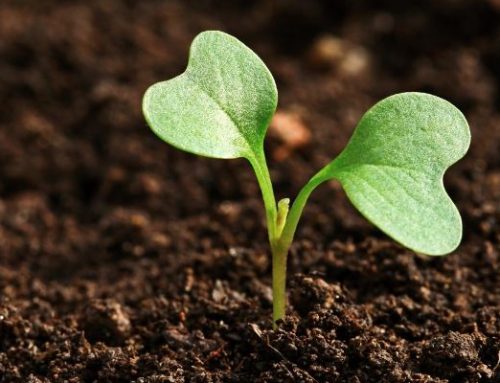Hydroponic curing is a crucial process that directly affects your harvested plants’ final flavor, aroma, and potency. Whether you’re growing herbs, leafy greens, or something more aromatic, getting the curing process right makes all the difference.
If you’re into hydroponic curing in Norfolk, VA, or just starting, these step-by-step tips will guide you through a successful and smooth curing experience.
Start with a Clean, Controlled Environment
Any contaminants can impact the quality of your final product, so:
- Sanitize your trimming tools and containers.
- Ensure your curing room or area is free from dust, mold, and pests.
- Keep the temperature around 60-70°F with humidity levels between 55%-65%.
A stable environment helps prevent issues like mold, which can ruin your entire batch.
Dry Your Plants Slowly and Evenly | Hydroponic Curing in Norfolk, VA
Don’t rush the drying stage. This is the first step of plant curing and sets the tone for everything. You want to dry your plants slowly to preserve terpenes and essential oils.
Hang the trimmed branches upside down in a dark, ventilated space for 7-10 days. You’ll know they’re ready when smaller stems snap instead of bending. Avoid fans blowing directly on your plants, which can dry them out unevenly.
Trim Smart for Better Results
Once the plants are dry, it’s trimming time. This isn’t just about aesthetics. Removing excess leaves improves airflow and reduces moisture that could lead to mold during curing.
Choose between:
- Wet trimming (before drying) for faster drying and cleaner appearance.
- Dry trimming (after drying) for better terpene retention.
Both methods are effective, so pick the one that suits your setup and goals.
Also Read: Hydroponic Curing and its Role in Enhancing Flavor Profiles
Use Glass Jars for Curing | Hydroponic Curing in Norfolk, VA
Once your buds are trimmed and dried, transfer them to glass jars. Avoid plastic bags or containers, as they can affect the taste and trap moisture unevenly.
Fill jars about 75% full so there’s enough room for air circulation. This step is where true hydroponic curing in Norfolk, VA, or anywhere else, starts to work magic. Open the jars once or twice daily for the first week to release moisture and allow fresh air in—a process known as “burping.”
Monitor and Maintain for Long-Term Quality
Curing isn’t a one-week task. Depending on the strain and desired result, it can take 2-4 weeks or longer.
Check your jars regularly for:
- Mold
- Off smells
- Too much or too little moisture
If buds feel too moist, leave jars open for a few extra hours. If it is too dry, toss in a humidity pack.
Patience Pays Off
Successful hydroponic curing in Norfolk, VA, or anywhere else comes from patience and consistency. Each step—drying, trimming, curing, and monitoring—affects the final quality.
By giving proper attention to plant curing and maintaining the right conditions, you’ll be rewarded with a rich, flavorful, and top-quality harvest every time.
Grow Depot can guide you through every stage of hydroponic curing with the right tools, expert advice, and quality supplies. Whether you need jars, humidity packs, or just a few tips to fine-tune your setup, we have what it takes to support your curing success from start to finish.
Contact us today.






